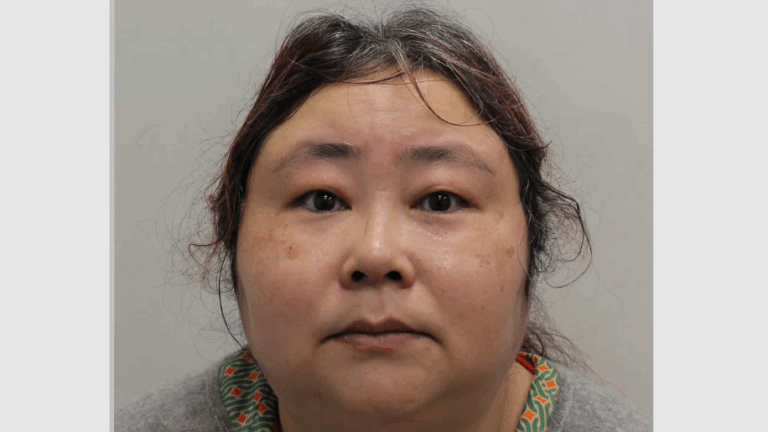In a London courtroom this week, a Chinese national at the center of one of the most audacious financial frauds of the digital age admitted guilt. Zhimin Qian, also known as Yadi Zhang, pleaded guilty to acquiring and holding billions in stolen cryptocurrency—an amount prosecutors described as the largest digital asset seizure in the world.
Between 2014 and 2017, Qian masterminded a vast scam in China that lured more than 128,000 investors into what appeared to be lucrative ventures. Her promises of daily dividends and guaranteed profits, dressed up with the rhetoric of turning China into a global financial hub, convinced victims across professions—from business executives to bank employees and even members of the judiciary. Many were introduced to the scheme through family or friends. To them, she became known as the “goddess of wealth.”
What followed was a classic flight-and-hide. Using forged documents, Qian fled China and resurfaced in Britain, attempting to funnel her spoils into property deals. But by 2018, investigators were on her trail. A painstaking, multi-jurisdictional probe unraveled her web of laundering and led to the discovery of an extraordinary digital hoard: 61,000 bitcoins, valued today at more than £5 billion.
Qian did not act alone. Her close associate, Jian Wen, once a modest takeaway worker in North London, helped launder the funds. Wen’s life transformed rapidly—from living above a restaurant to renting a multimillion-pound home and buying luxury properties in Dubai. She was convicted last year and sentenced to nearly seven years in prison, with investigators seizing more than £300 million worth of bitcoin in her possession.
Read Also: Trump’s Gaza Plan Draws Cautious Global Welcome
Authorities described the case as a textbook example of how criminal networks have harnessed cryptocurrencies to obscure illicit wealth. “Digital currencies are increasingly used by organized criminals to disguise assets and enjoy the benefits of fraud,” said prosecutors, noting the unprecedented scale of the haul.
For some victims, partial restitution has been possible through compensation schemes established in China. Yet the scars of the fraud remain: life savings vanished, trust destroyed, and retirement plans derailed.
Qian now awaits sentencing in custody. For investigators, her conviction is the culmination of years of relentless pursuit; for the wider world, it is a stark reminder of how technology can magnify both human ambition and human deception.










